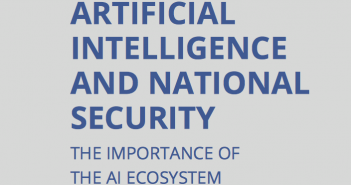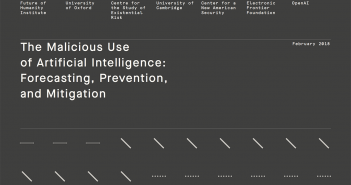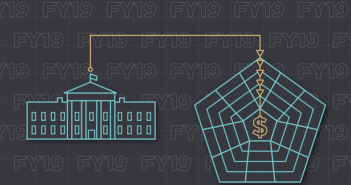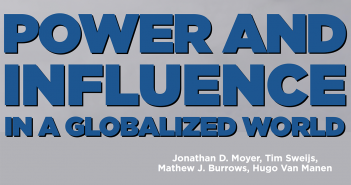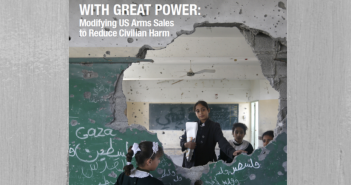Your single destination for high-quality content from top think tanks around the world. Fresh reports and analysis as they are released to ensure valuable thought leadership work isn’t lost in the daily noise.
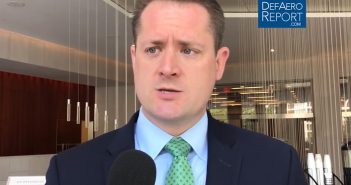
CSIS’s Karako on Iran’s Use of Drones as Weapons, How to Counter Them
Tom Karako, PhD, missile defense expert at the Center for Strategic and International Studies, discusses Iran’s use of drones as weapons and how to counter them with Defense & Aerospace Report Editor Vago Muradian.


